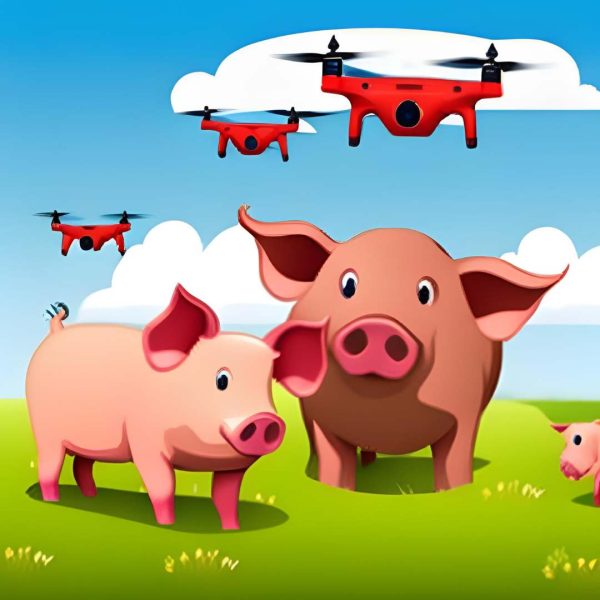On December 27, 2019, an incident in China highlighted a significant issue related to the safety and reliability of Global Navigation Satellite Systems (GNSS). Farmers in the region had installed an unauthorized device intended to jam GNSS signals. Their goal was to combat drones, operated by criminals, which were releasing substances contaminated with African swine flu over the Heilongjiang Dabeinong Agriculture & Pastoral Foods [https://www.scmp.com/news/china/society/article/3042991/china-flight-systems-jammed-pig-farms-african-swine-fever]

This event underscores the importance of maintaining the integrity and quality of GNSS signals, particularly in industries such as aviation where reliable navigation is vital. GNSS disruptions can have serious consequences, leading to critical system failures and potentially catastrophic results.
In aviation, GNSS signals are crucial for navigation, flight planning, and landing procedures. Ensuring the absence of interference is vital. Any form of GNSS spoofing or jamming can pose significant threats to the safety and efficiency of air travel. For this reason, it’s crucial that all sectors relying on GNSS signals, especially aviation, have measures in place to detect and manage these interferences.
This is where GPSPATRON comes in. GPSPATRON provides a solution to monitor, analyze, and ensure the quality of GNSS signals. The web-based application offers real-time analysis of raw GNSS data, supporting multiple data formats. Its functions include interference detection, localization, and classification into spoofing and jamming. Furthermore, it provides GNSS signal quality analysis, logging, and post-analysis.
As GNSS systems continue to be essential in our everyday operations, including aviation, maintaining the quality and reliability of these signals has never been more important. With solutions like GPSPATRON, we can ensure GNSS signal integrity, thereby enhancing safety and reliability in aviation and other GNSS-dependent sectors.
